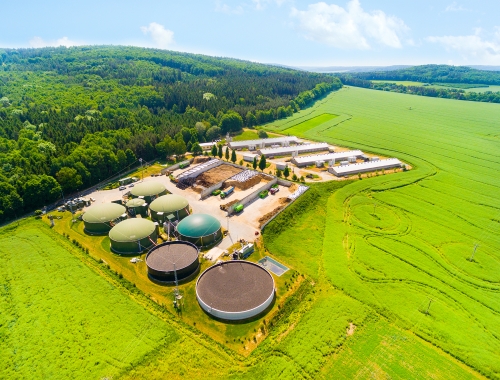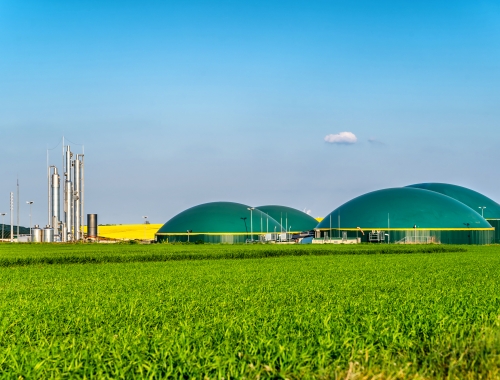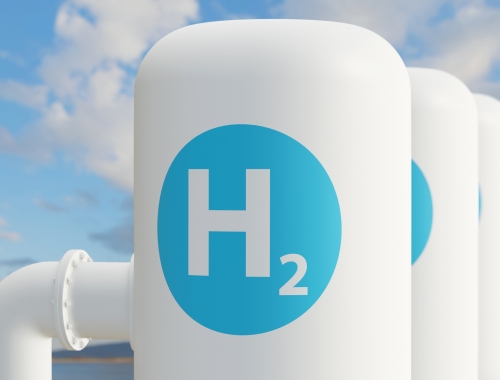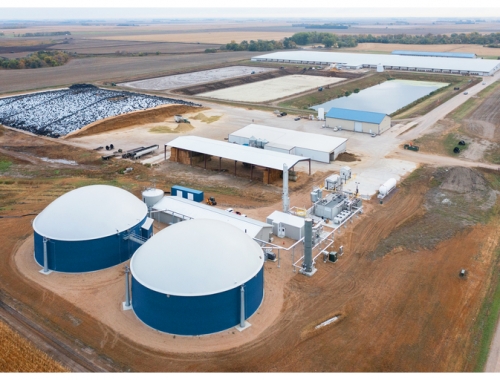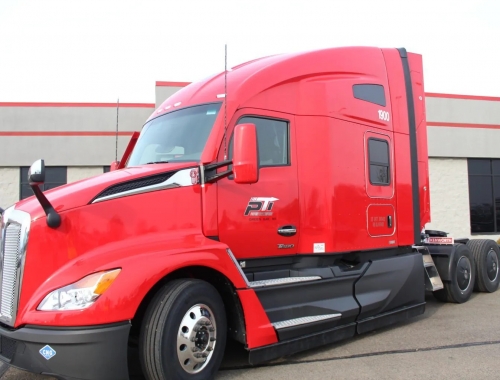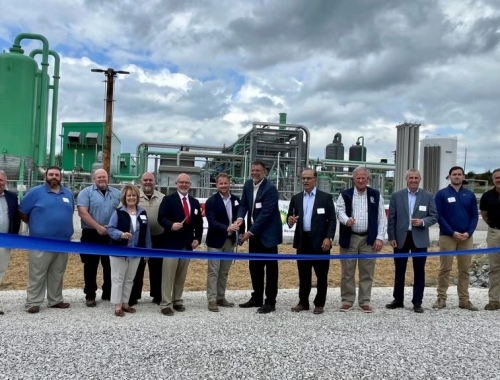BKV, EnLink begin injections at Barnett Zero CCS facility
SUMMARY
Partners among the first to have commercial CCS operations in the US. [Image credit: EnLink]
By Dale LunanPOSTED IN:
BKV and EnLink Midstream said November 13 they had begun injecting CO2 from EnLink’s Bridgeport natural gas processing plant and neighboring operations in Texas into BKV’s Barnett Zero carbon capture and sequestration (CCS) facility in north Texas.
Barnett Zero is one of the first purpose-drilled, Class II commercial carbon sequestration wells injecting CO2 waste from natural gas processing plants in the US, and with the initial injection, BKV and EnLink will be among the first energy companies to have commercial CCS operations in the nation.
The project is forecast to achieve an average sequestration rate of up to 210,000 tonnes/year of CO2-equivalent.
“BKV has an actionable path to net-zero Scope 1, 2 and 3 emissions from its upstream operations by the early 2030s and is committed to achieving net zero Scope 1 and 2 emissions from its upstream operations by the end of 2025,” BKV CEO Chris Kalnin said. “Executing at Barnett Zero and building our CCS business is an important part of this journey and our mission to deliver a carbon-sequestered natural gas product to the world.”
Project Canary will provide carbon assessment, monitoring and reporting for Barnett Zero, while France’s ENGIE will purchase natural gas and carbon sequestration credits associated with the project.
BKV forecasts that its second CCS project, Cotton Cove in the Barnett shale, will commence commercial operations by the end of 2024 and achieve an average sequestration rate of up to 45,000 tonnes/year of CO2. BKV reached a final investment decision (FID) on the Cotton Cove project in late 2022 and is developing it as a joint venture with Banpu Power US.
BKV has also identified three other CCS projects which could provide combined sequestration capacity of up to 970,000 tonnes/year of CO2-e. Final investment decisions on all three are expected in late 2023 or 2024.

